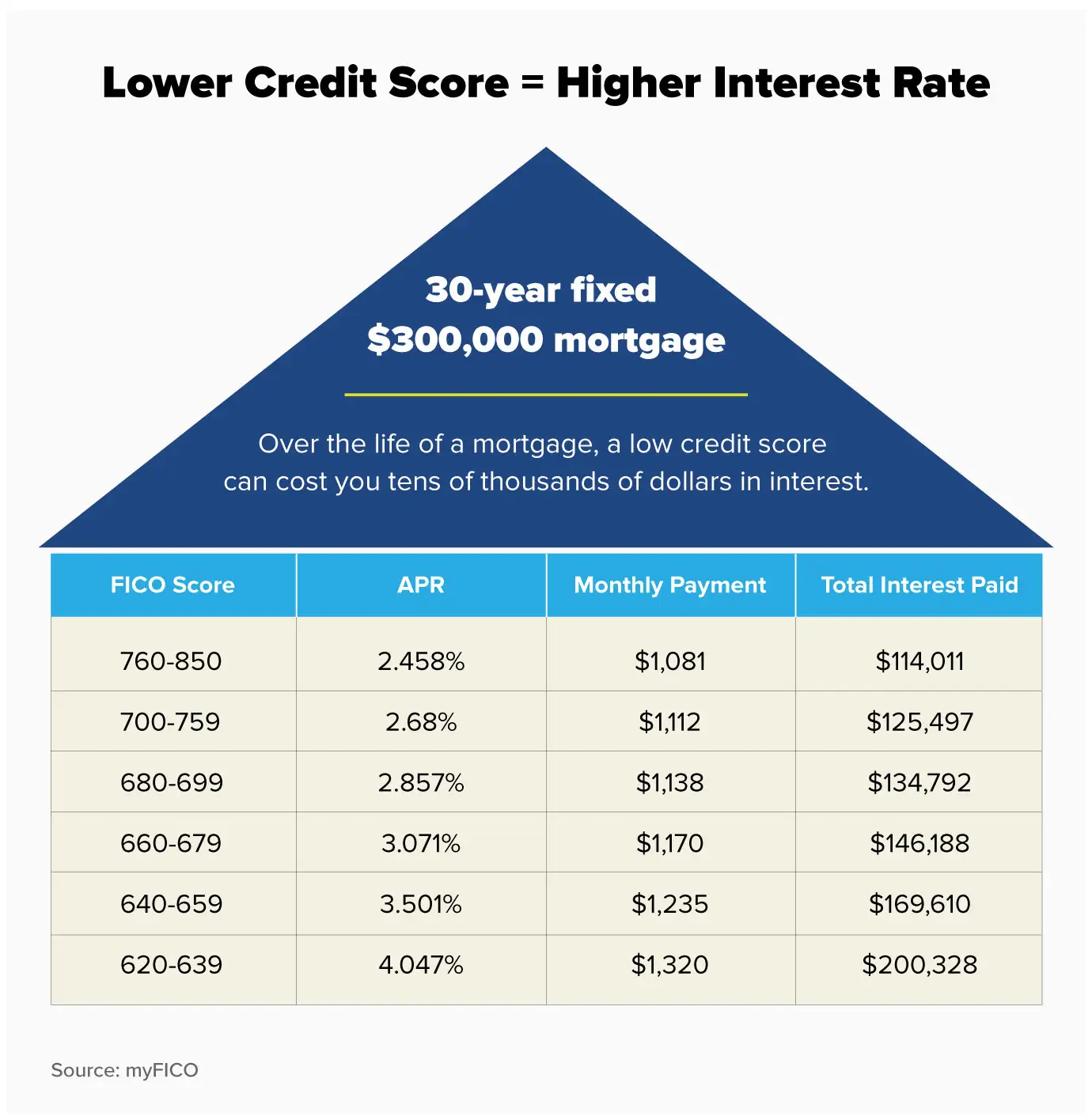Factors That Influence Your Credit Score
Several key factors determine your credit score, with payment history being the most critical component. Late payments, defaults, and bankruptcies can significantly impact your score negatively, while consistent on-time payments build a strong foundation for excellent credit.
Credit utilization ratio, which measures how much of your available credit you're using, should ideally stay below 30% across all accounts. Length of credit history also matters – older accounts demonstrate stability and responsible credit management over time.
The types of credit you have, including credit cards, installment loans, and mortgages, contribute to your credit mix. New credit inquiries can temporarily lower your score, so it's important to space out credit applications strategically and only apply when necessary.




